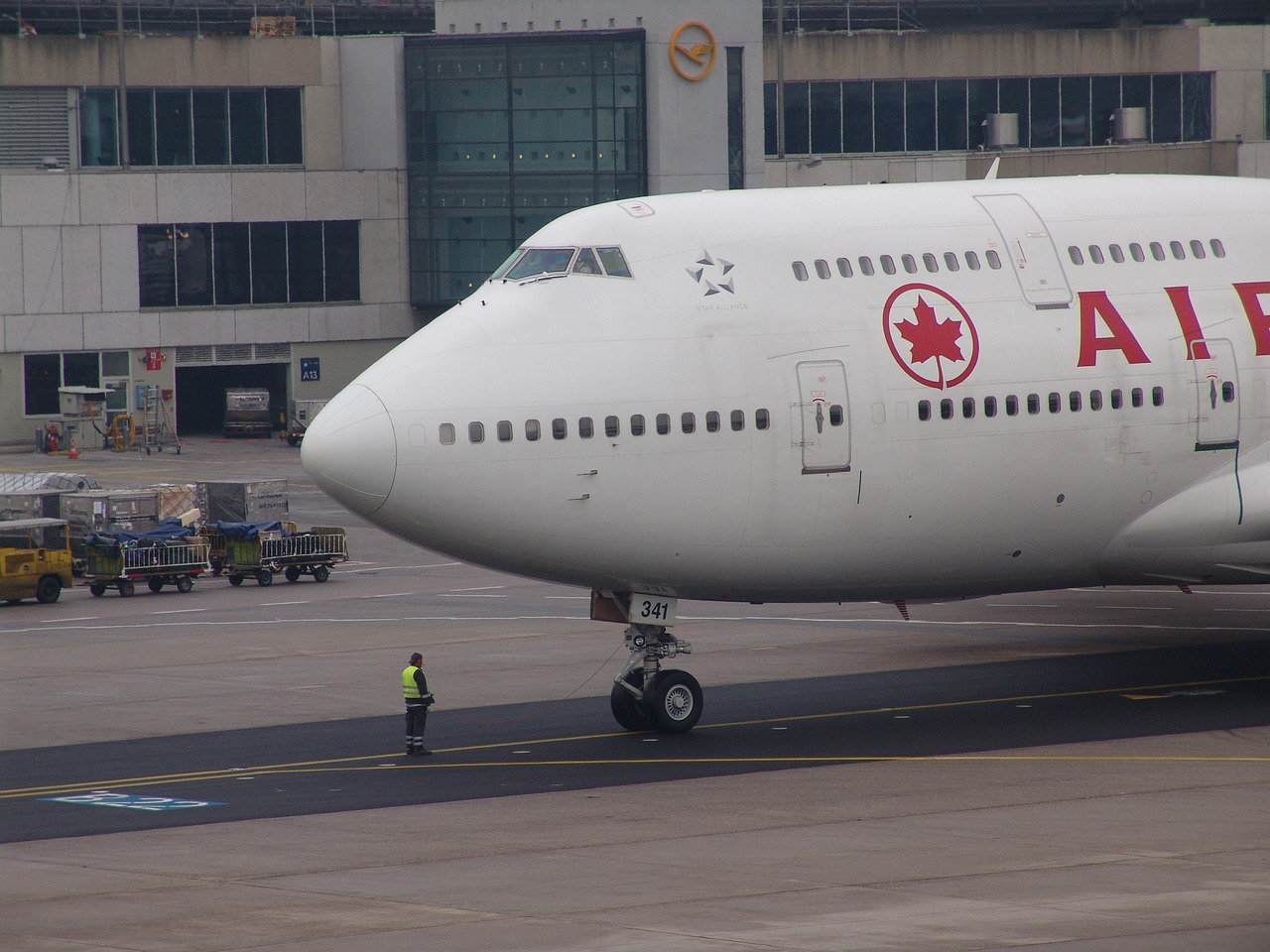Boeing to Plead Guilty in 737 Max Crashes Case
Boeing has agreed to plead guilty to a criminal fraud charge related to the two tragic crashes of 737 Max jetliners that resulted in the deaths of 346 people, including several Canadians. This decision follows the U.S. government’s determination that Boeing violated a previous agreement that had shielded the company from prosecution.
Revealed by the U.S. Justice Department on Sunday night, the plea deal requires Boeing to pay an additional $243.6 million USD fine, matching the amount paid under the 2021 settlement that was breached. The agreement is pending approval by a federal judge.
The plea deal includes several stipulations aimed at improving Boeing’s safety and compliance protocols:
- Independent Monitoring: An independent monitor will oversee Boeing’s safety and quality procedures for three years.
- Investment in Safety Programs: Boeing must invest at least $455 million USD in its compliance and safety programs.
The plea deal addresses Boeing’s wrongdoing prior to the crashes and does not provide immunity for other incidents, such as a panel detachment from a Max jetliner during an Alaska Airlines flight in January. Additionally, the agreement does not cover any current or former Boeing officials, only the corporation.
Boeing confirmed the agreement with the Justice Department but did not offer further comments. Lawyers representing some relatives of the crash victims have expressed their intent to request the judge to reject the agreement. Paul Cassell, a lawyer for some of the families, criticized the deal, stating, “This sweetheart deal fails to recognize that because of Boeing’s conspiracy, 346 people died. Through crafty lawyering between Boeing and DOJ, the deadly consequences of Boeing’s crime are being hidden.”
Federal prosecutors accused Boeing of conspiring to defraud the government by misleading regulators about the flight-control system implicated in the crashes. The first crash occurred in Indonesia in October 2018, followed by a second crash in Ethiopia less than five months later, killing all 346 passengers and crew members aboard the two Max jets. Among the victims were 18 Canadian citizens.
In the Lion Air crash, pilots were unaware of the flight-control software that could force the plane’s nose down without their input. In the Ethiopian Airlines crash, the pilots knew about the software but were unable to control the plane due to faulty sensor information.
As the plea deal awaits judicial approval, Boeing faces increased scrutiny over its safety and compliance practices. The additional fine and mandated safety investments underscore the significant impact of the crashes on both the company and the aviation industry.



